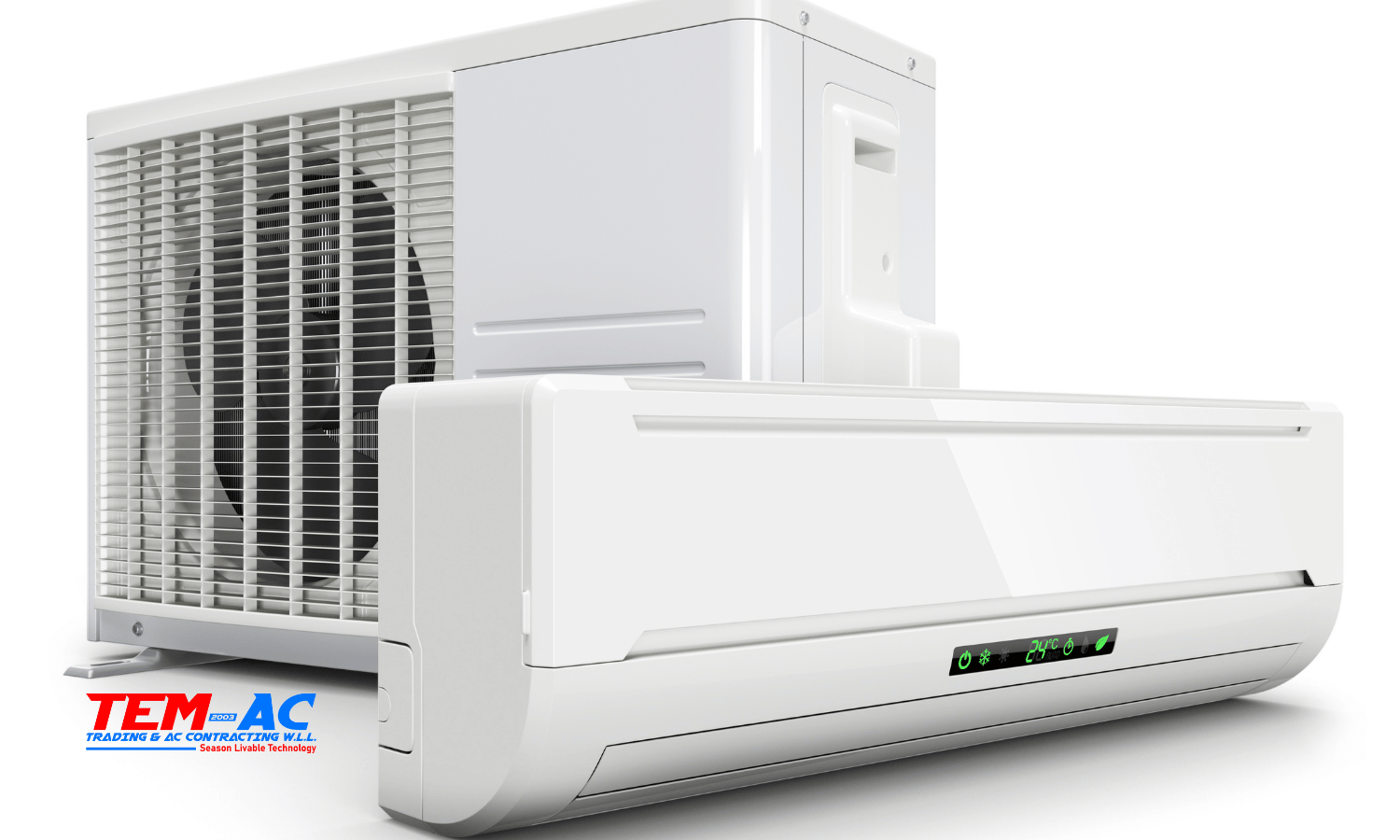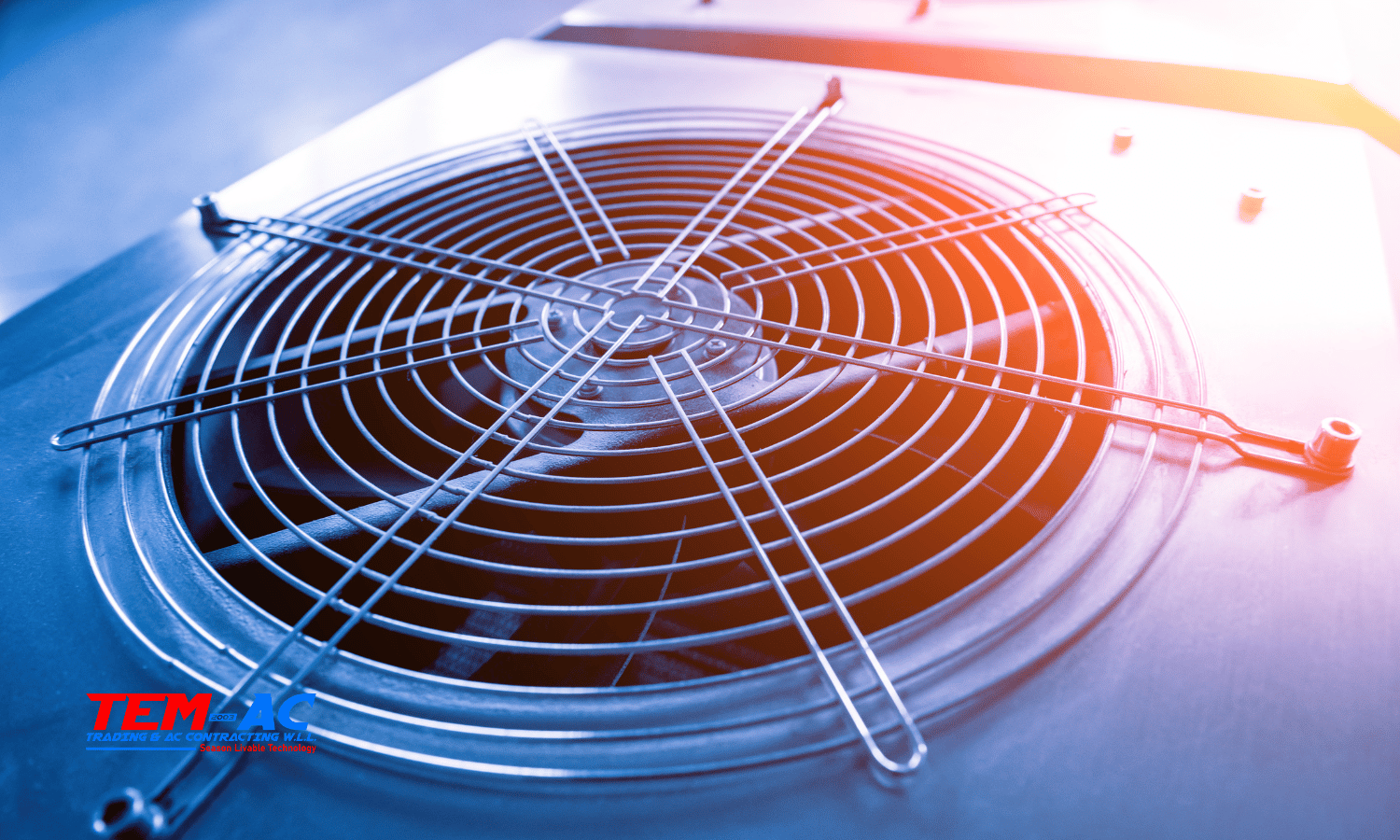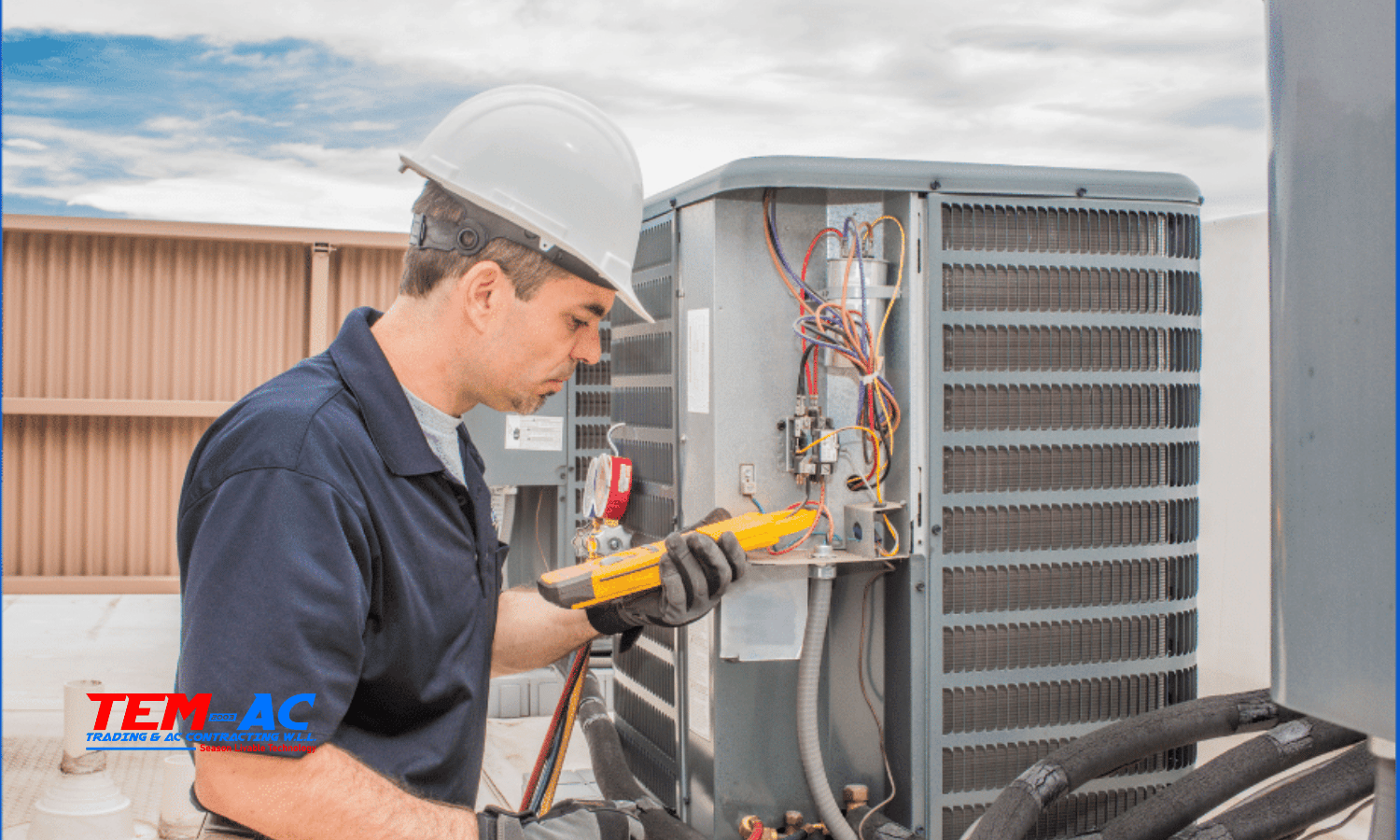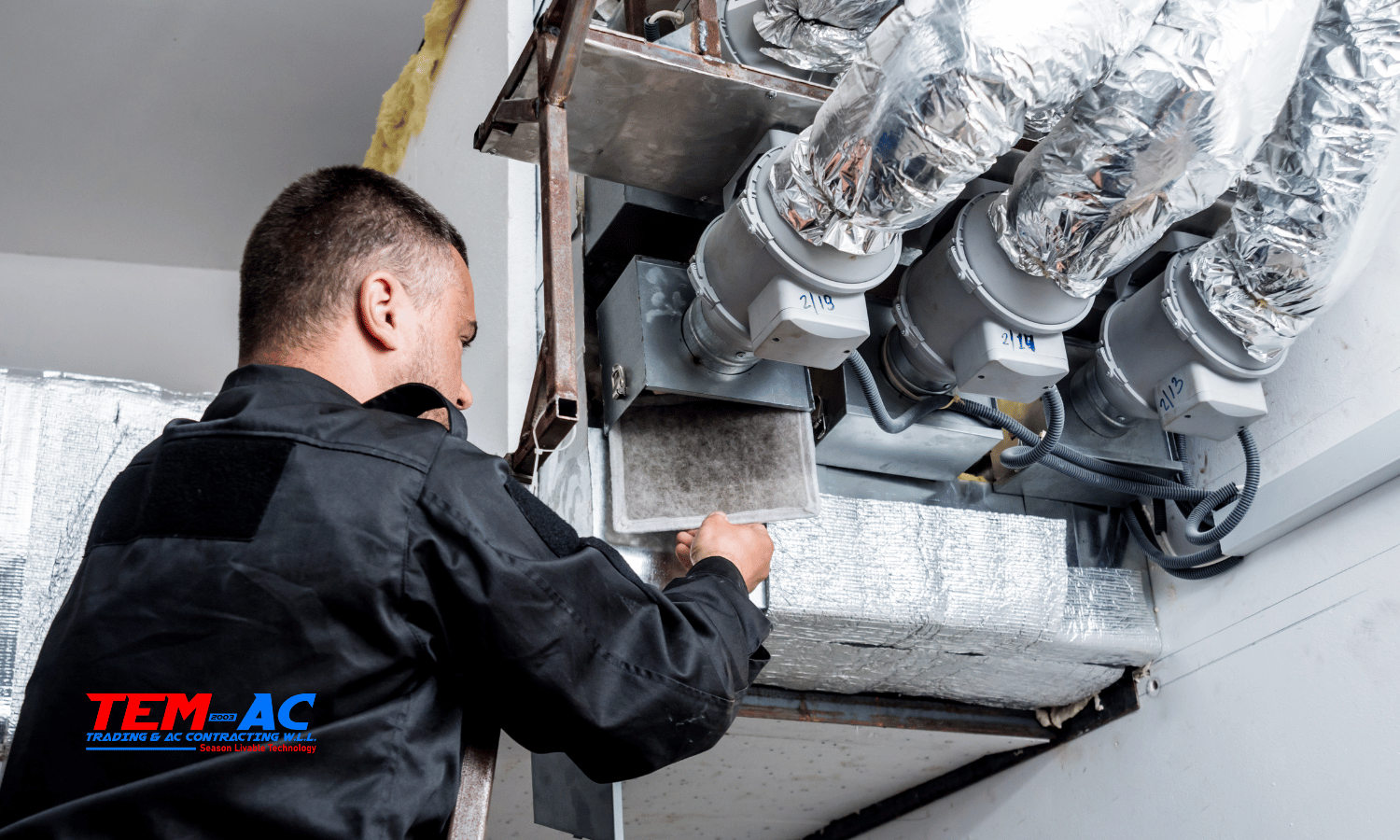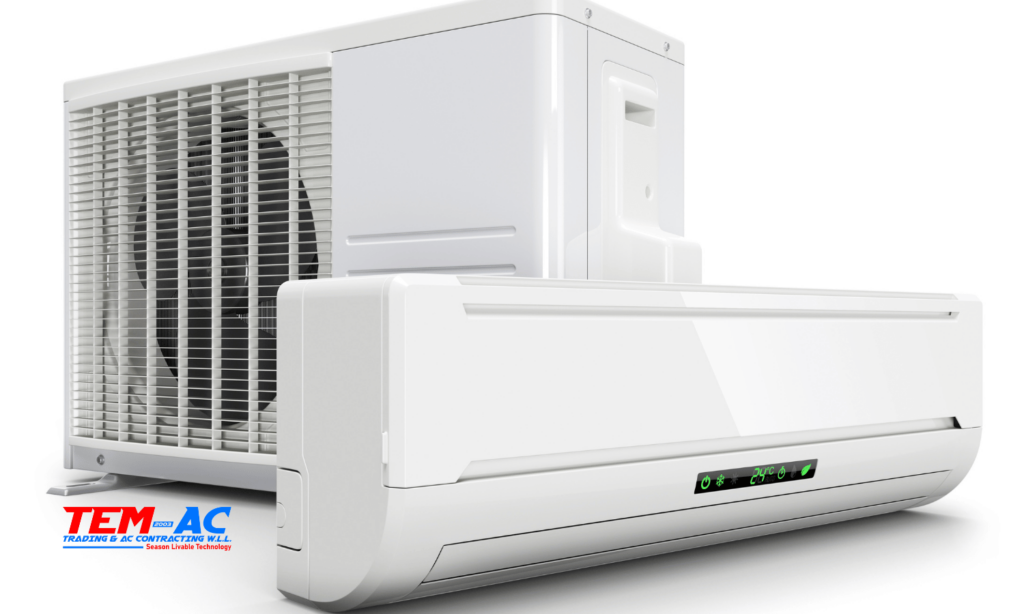
Selecting the right air conditioning (AC) system is crucial for maintaining a comfortable and energy-efficient space. Whether you’re cooling your home or business, the right AC system can make a significant difference in performance, cost, and longevity. Here’s a guide to help you choose the best air conditioning system based on your needs.
1. Assess Your Cooling Needs
Before choosing an AC unit, evaluate your cooling requirements. Consider factors such as:
- The size of your space
- The number of rooms
- The number of people occupying the space
- The climate in your region
A unit that is too small will struggle to cool your space, while an oversized unit may lead to energy waste and uneven cooling.
2. Types of Air Conditioning Systems
There are several types of AC systems available, each suited to different environments:
🔹 Split System Air Conditioners – Ideal for homes and small offices, these units have an indoor and outdoor component, offering efficient cooling.
🔹 Ducted Air Conditioning Systems – Suitable for large homes, offices, or commercial buildings, these systems provide even cooling throughout multiple rooms.
🔹 Portable and Window AC Units – Cost-effective options for small spaces or temporary cooling needs.
🔹 VRF (Variable Refrigerant Flow) Systems – Best for large commercial buildings, offering flexible zoning and energy efficiency.
3. Energy Efficiency Matters
Look for energy-efficient models with high SEER (Seasonal Energy Efficiency Ratio) ratings. Energy-efficient AC units consume less electricity, reducing your energy bills and carbon footprint. Inverter technology is also a great feature to consider, as it adjusts power consumption based on cooling demand.
4. Consider Smart Features
Modern AC systems come with smart technology features, such as:
✅ Wi-Fi Control – Allows you to adjust settings remotely.
✅ Programmable Timers – Helps in setting cooling schedules for efficiency.
✅ Air Purification – Filters and purifies the air, beneficial for allergy sufferers.
5. Installation and Maintenance
Proper installation is crucial for efficient operation. Always hire a professional HVAC contractor to install your unit correctly. Additionally, regular maintenance, such as cleaning filters and checking refrigerant levels, extends the lifespan of your AC and ensures optimal performance.
6. Budget and Cost Considerations
While it’s important to find an AC system that fits your budget, don’t compromise on quality. A slightly higher upfront investment in an energy-efficient unit can save you money in the long run through lower energy bills and reduced maintenance costs.
Conclusion
Choosing the right air conditioning system depends on various factors, including space size, budget, and energy efficiency needs. If you’re unsure, consulting with an HVAC expert can help you make the best decision.
